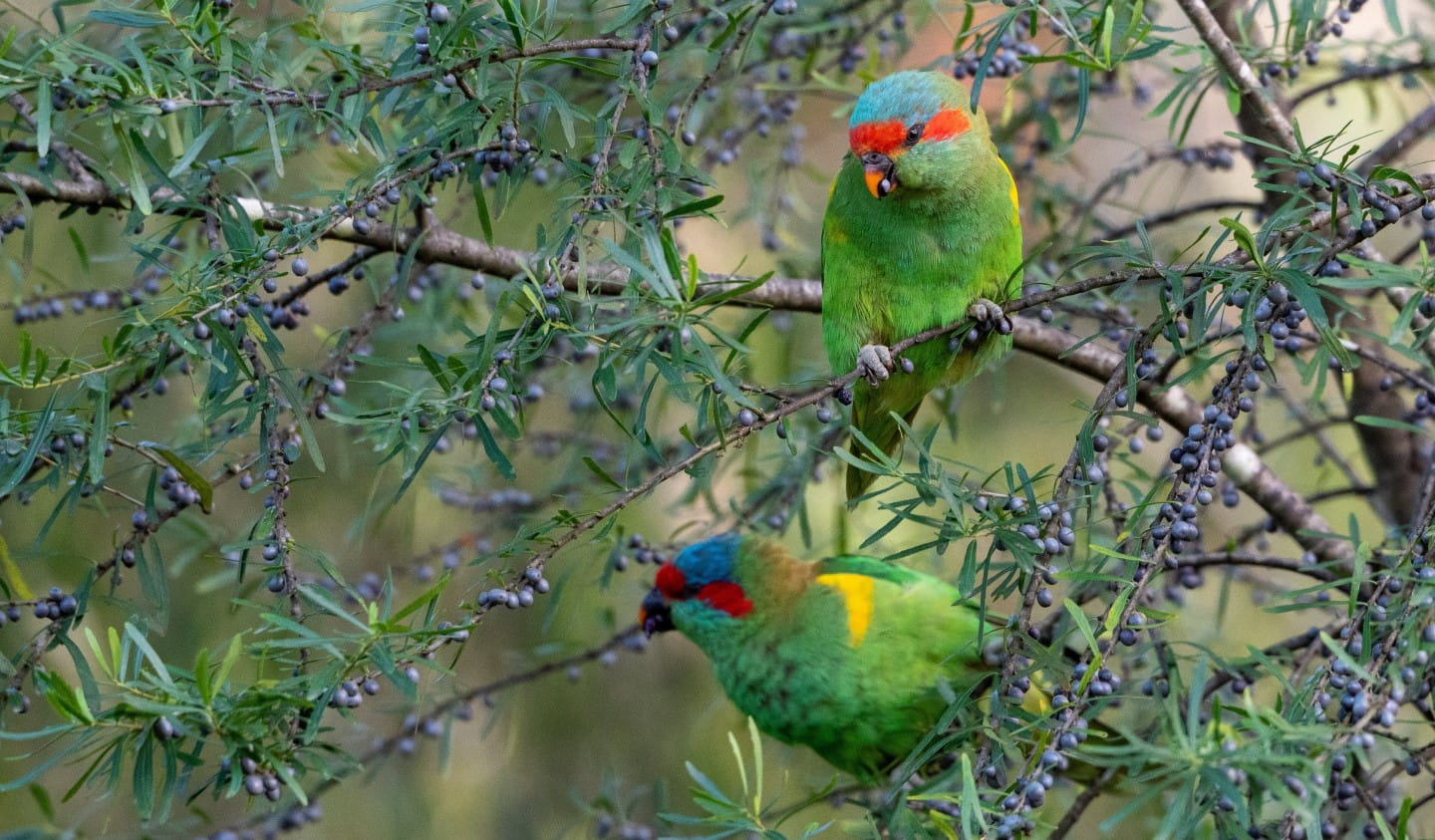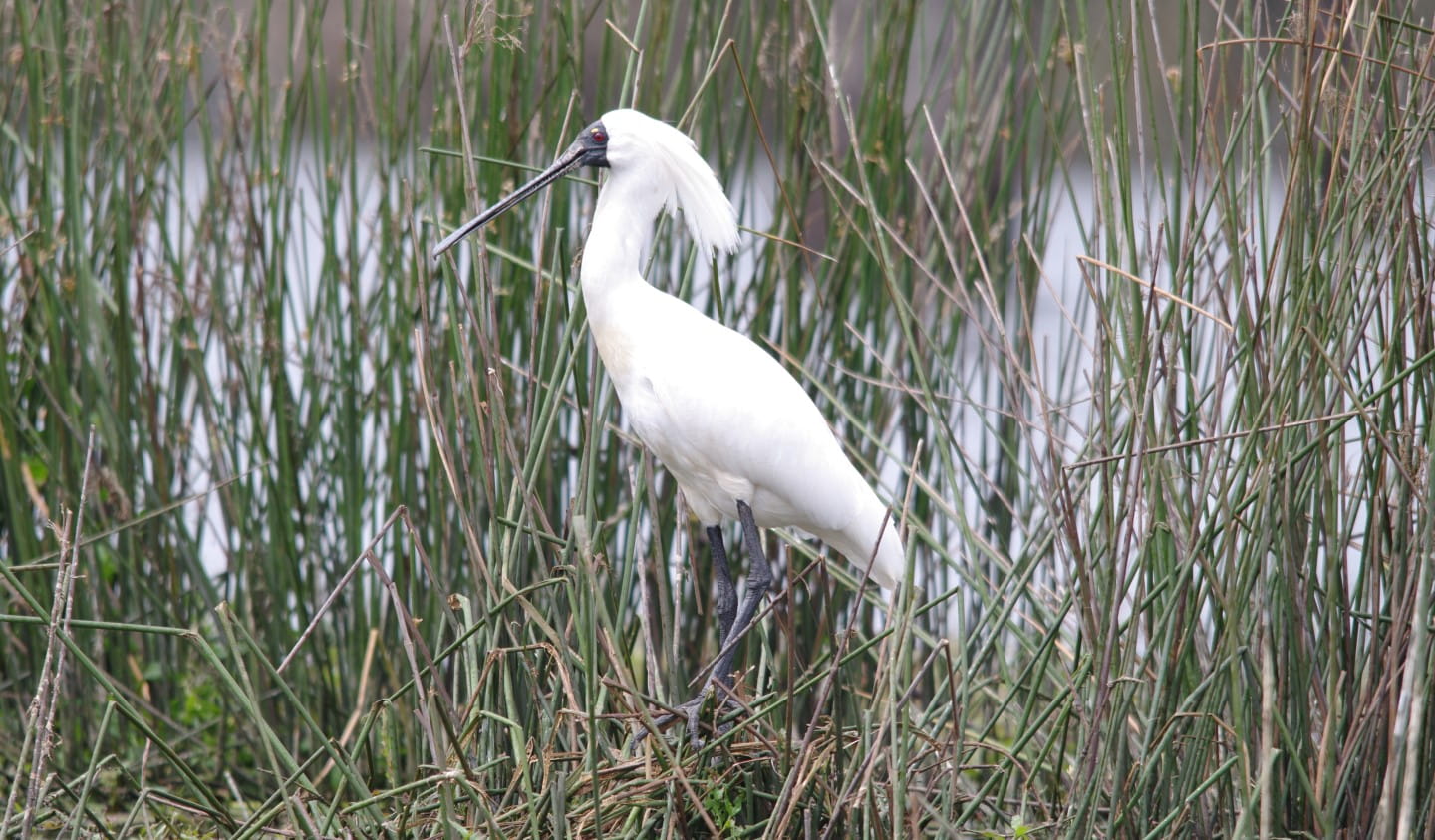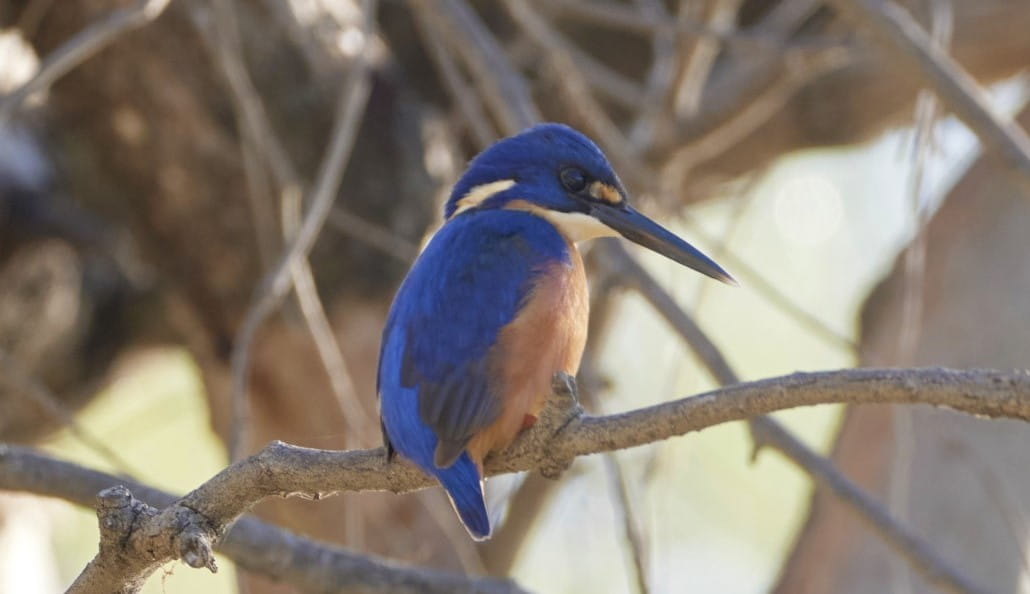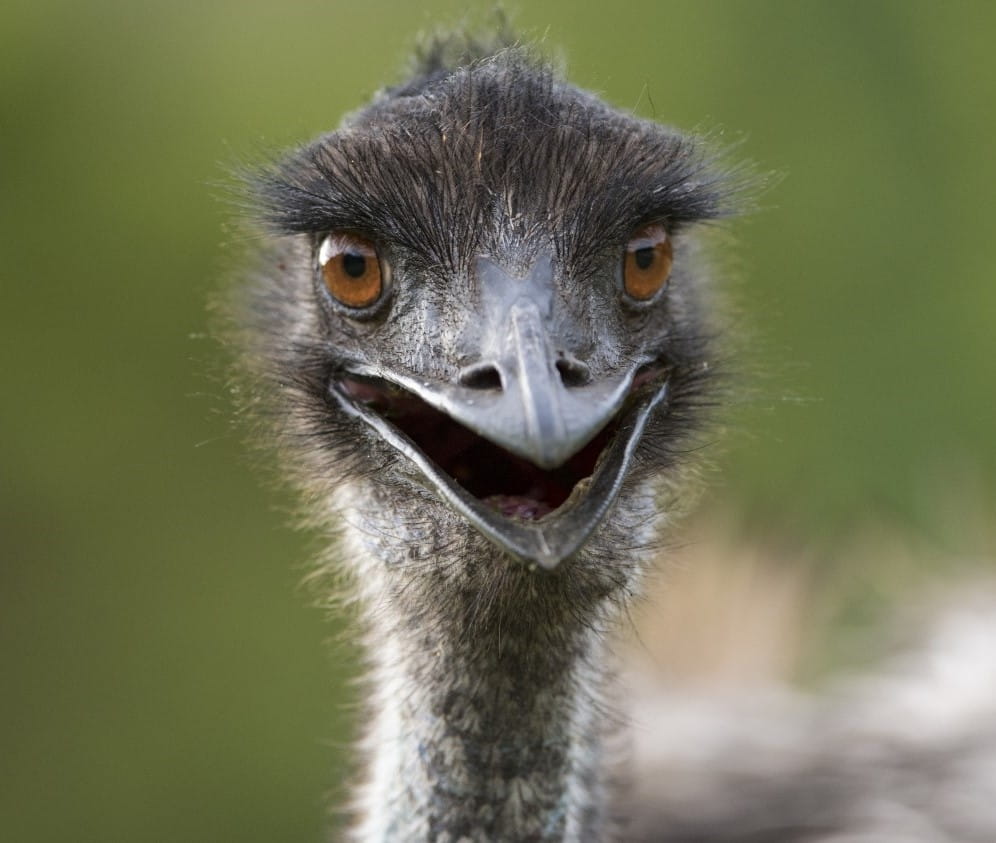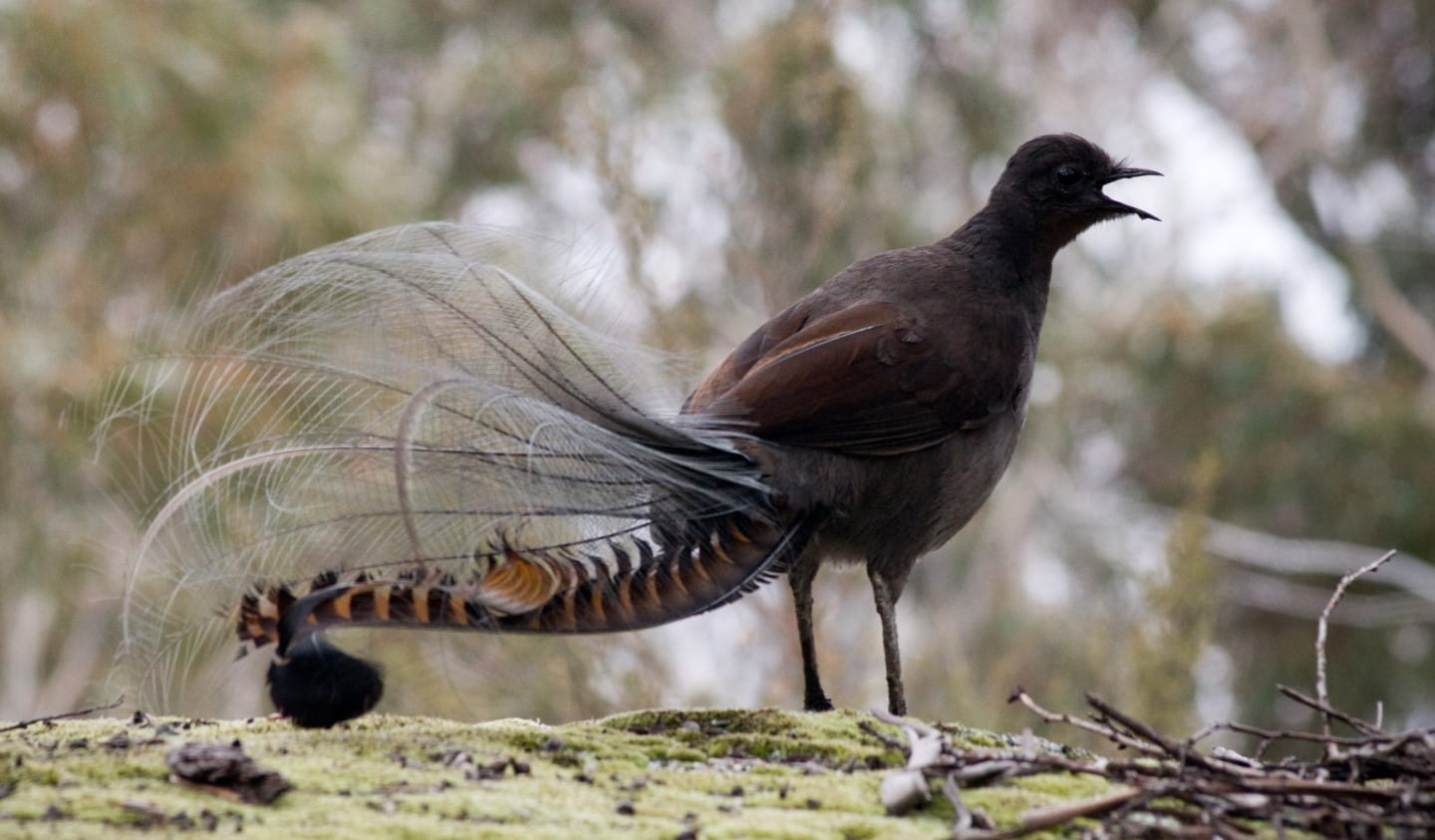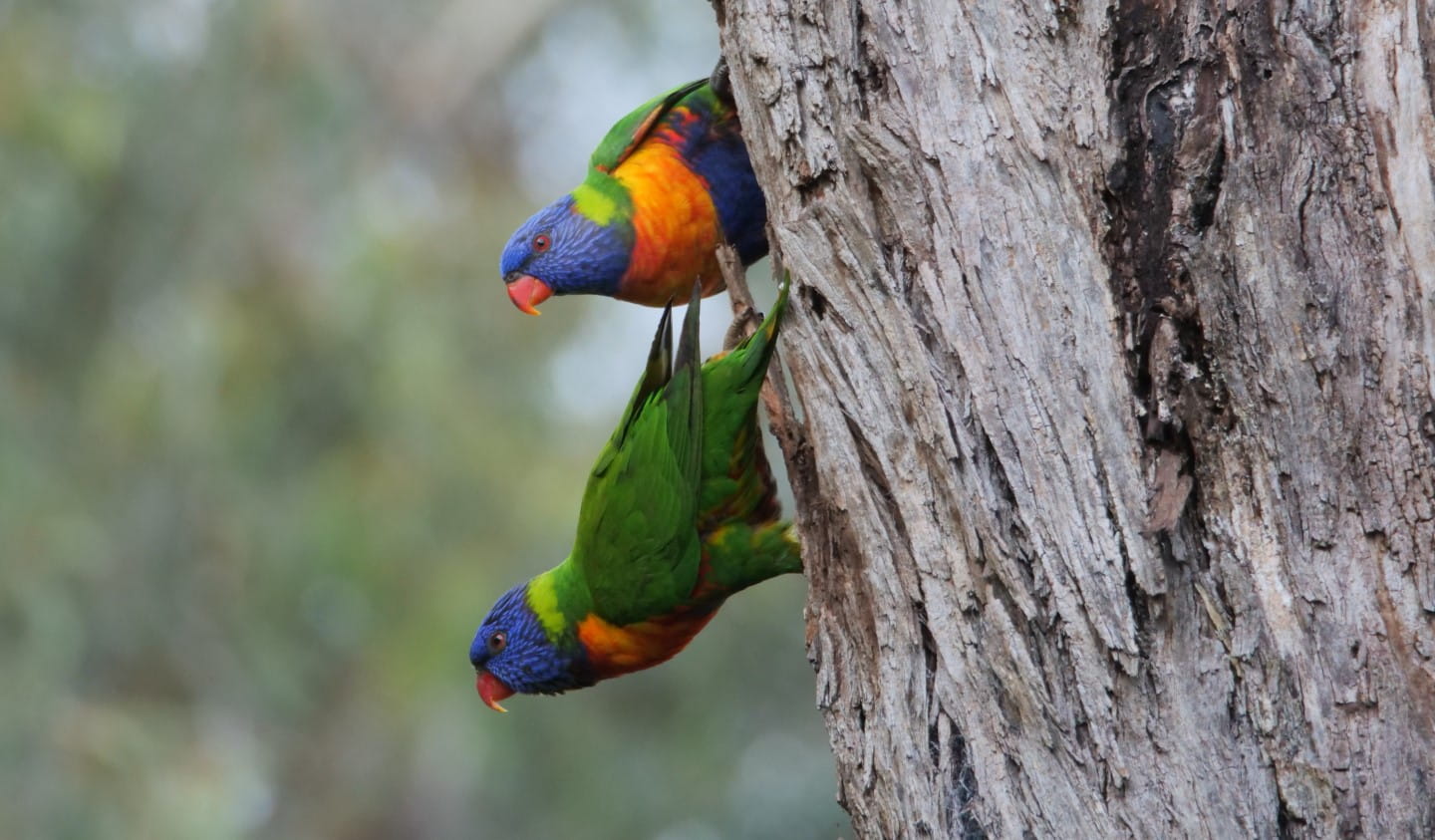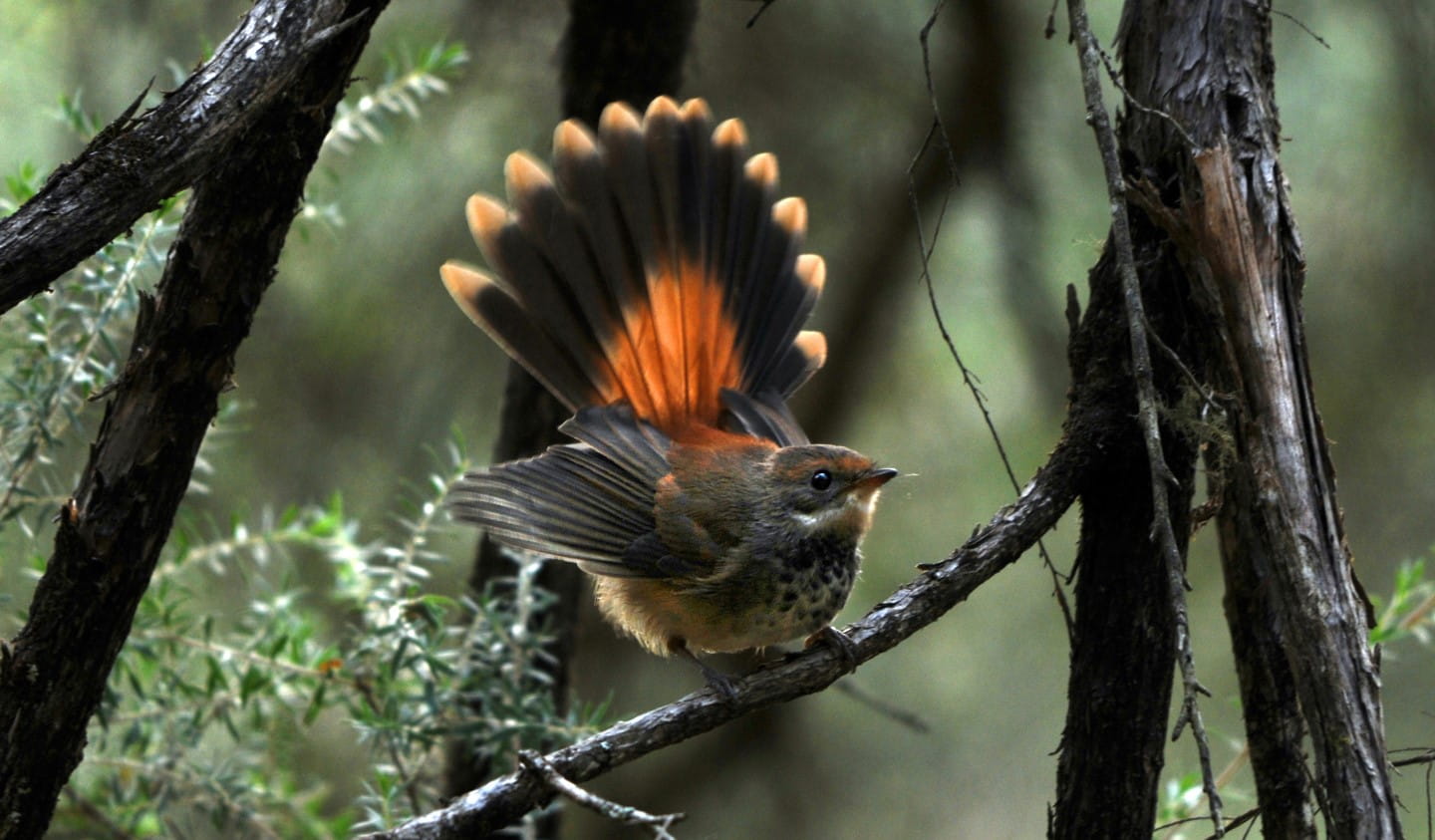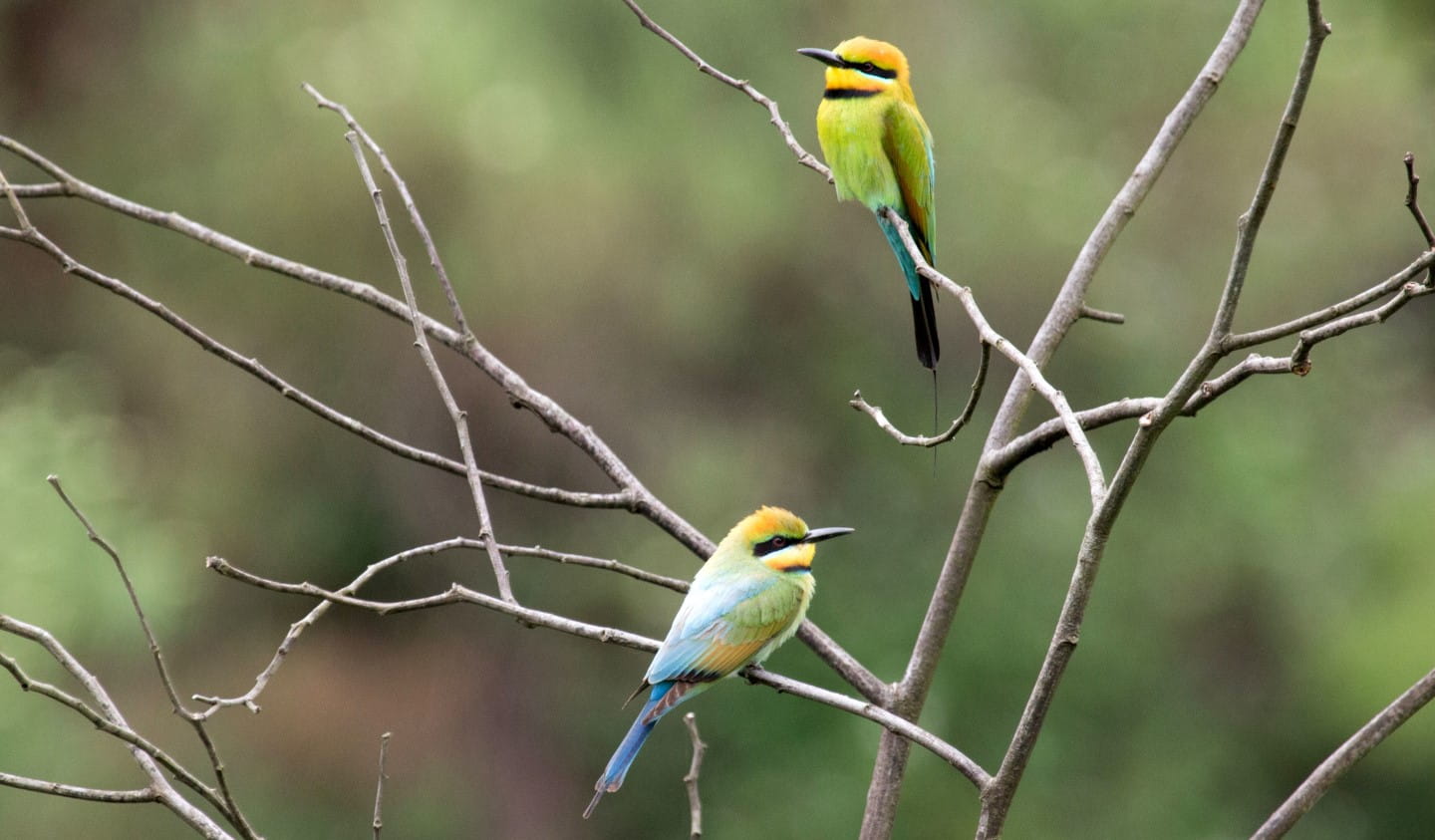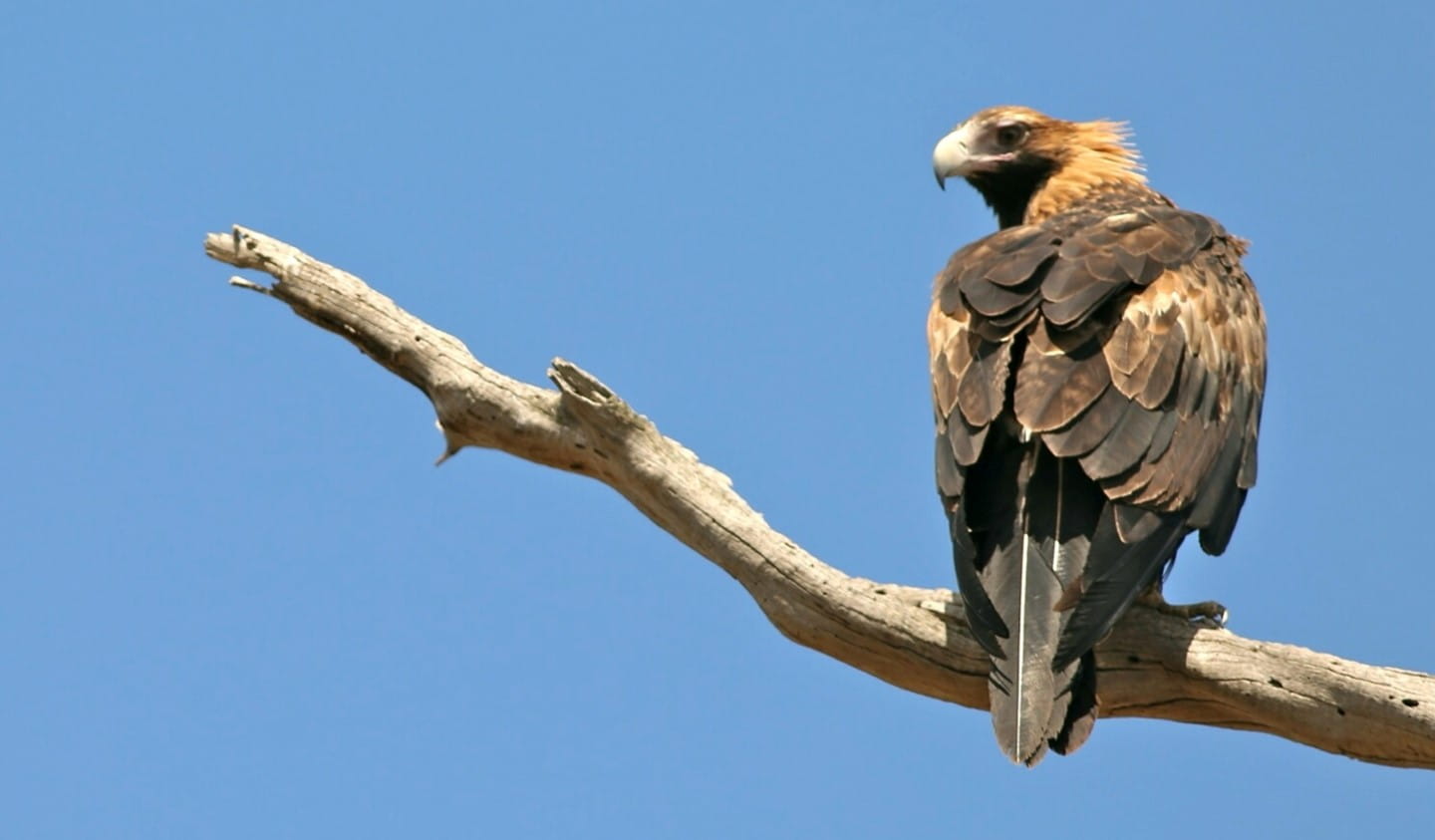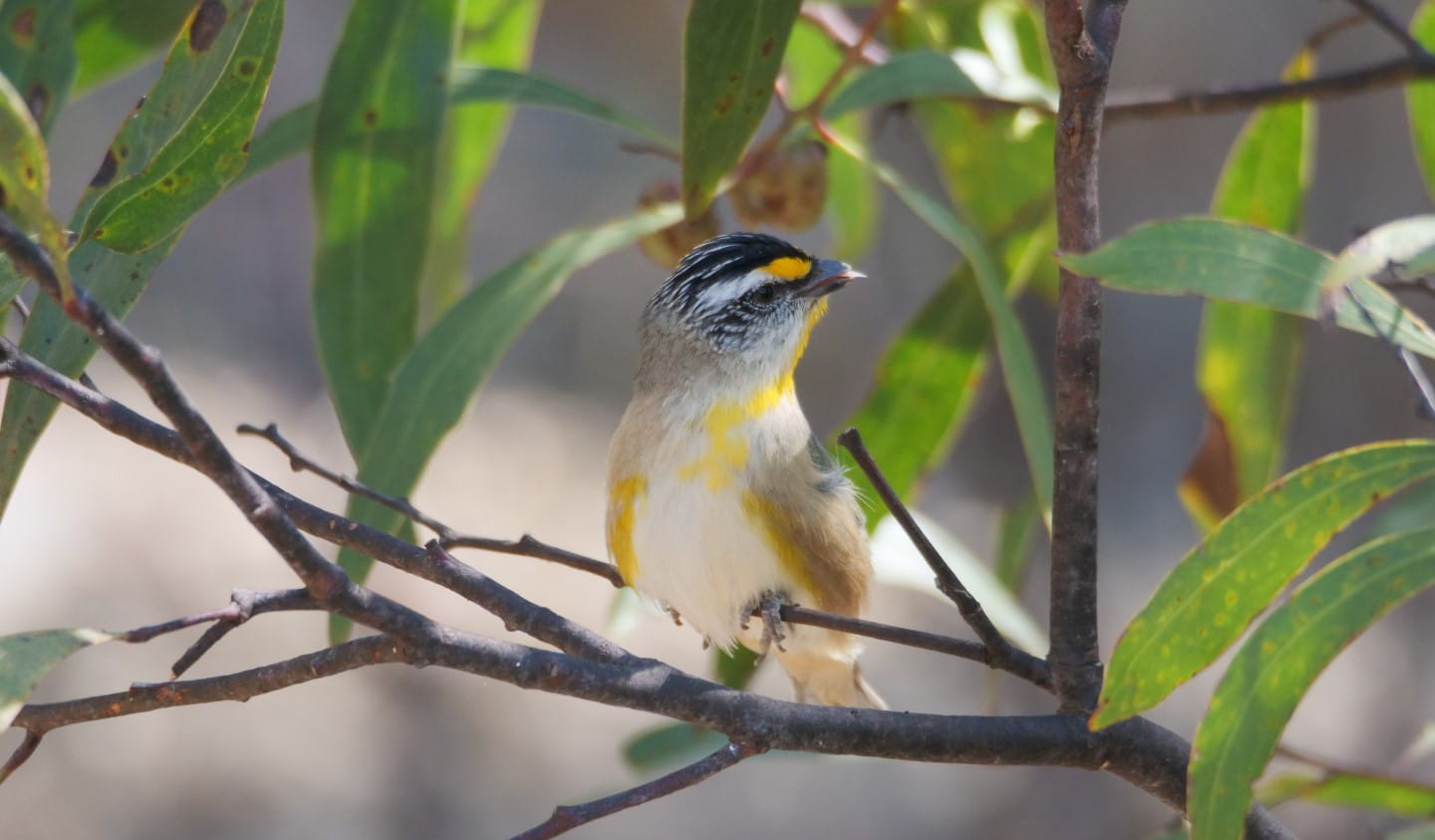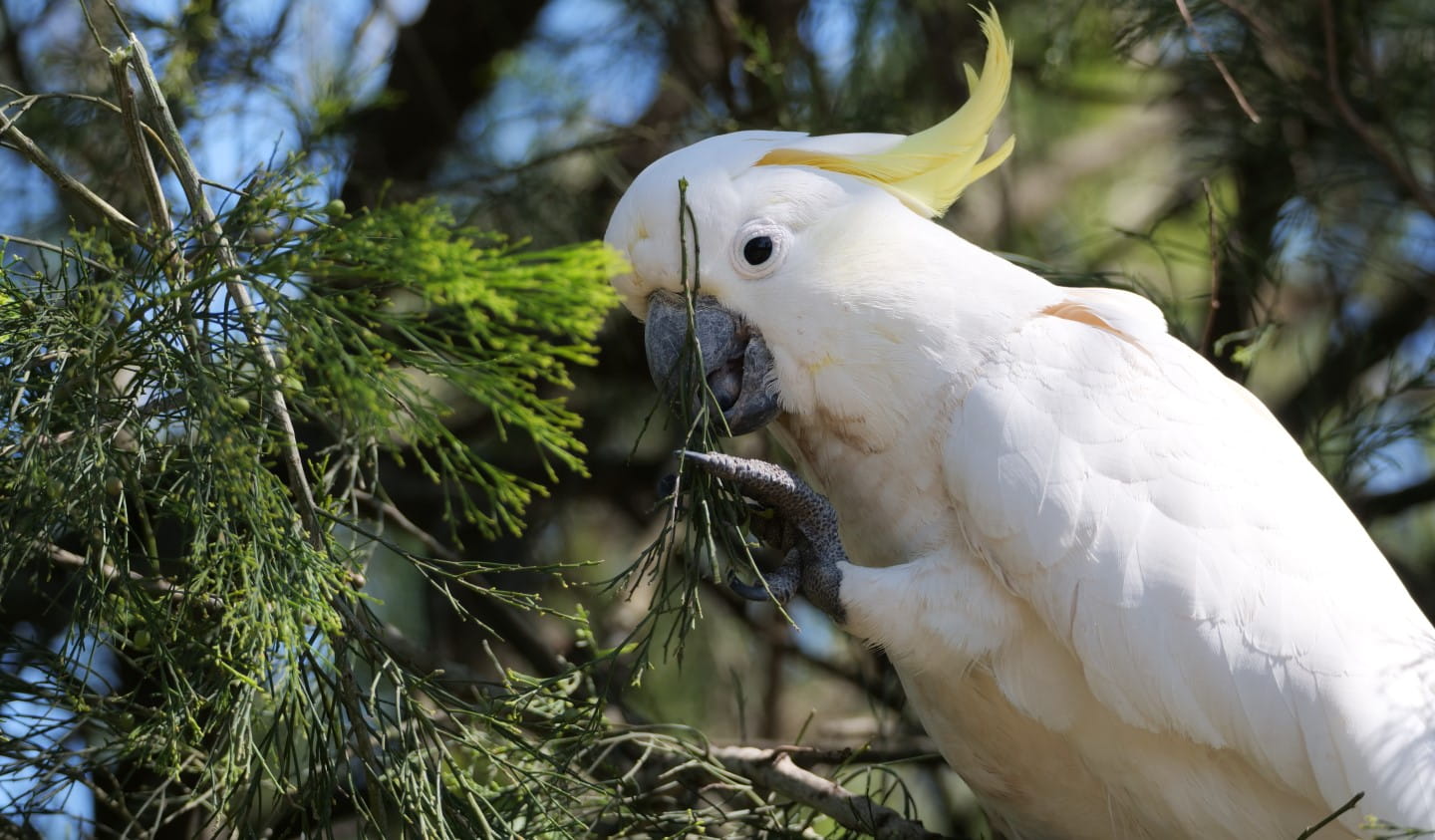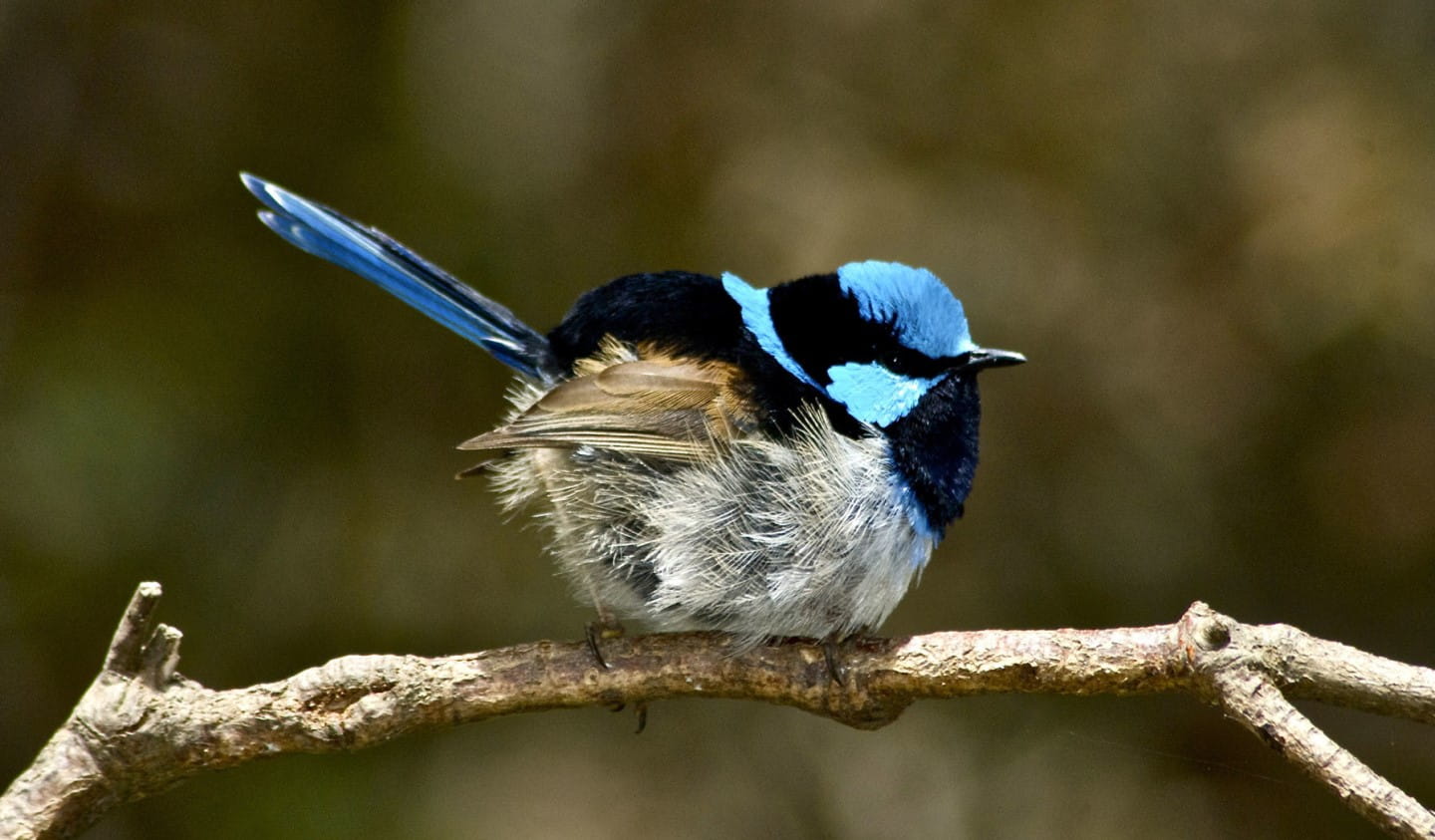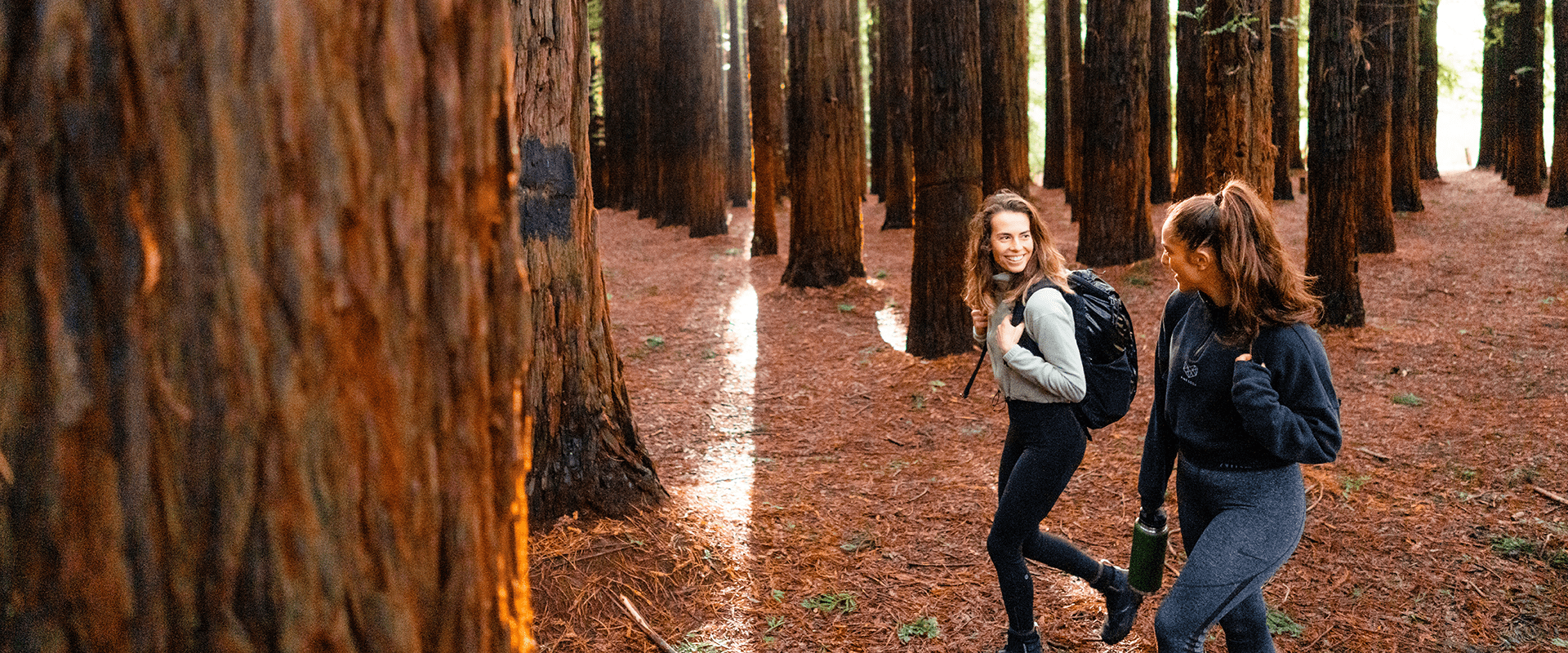The six big health benefits of birdwatching
Thursday 5 October, 2023
There’s an easy solution for combatting the stressful effects of everyday life and improving your mental health at the same time – just look up!
New studies have shown birdwatching doesn’t just give enjoyment to dedicated twitchers, but instead brings positive lasting impacts on mood and mental wellbeing for people of all ages and abilities.
With Victoria home to more than 500 different species of birds, there’s an open invitation for everyone to indulge in a little bit of birdwatching to in order to boost our mental health.
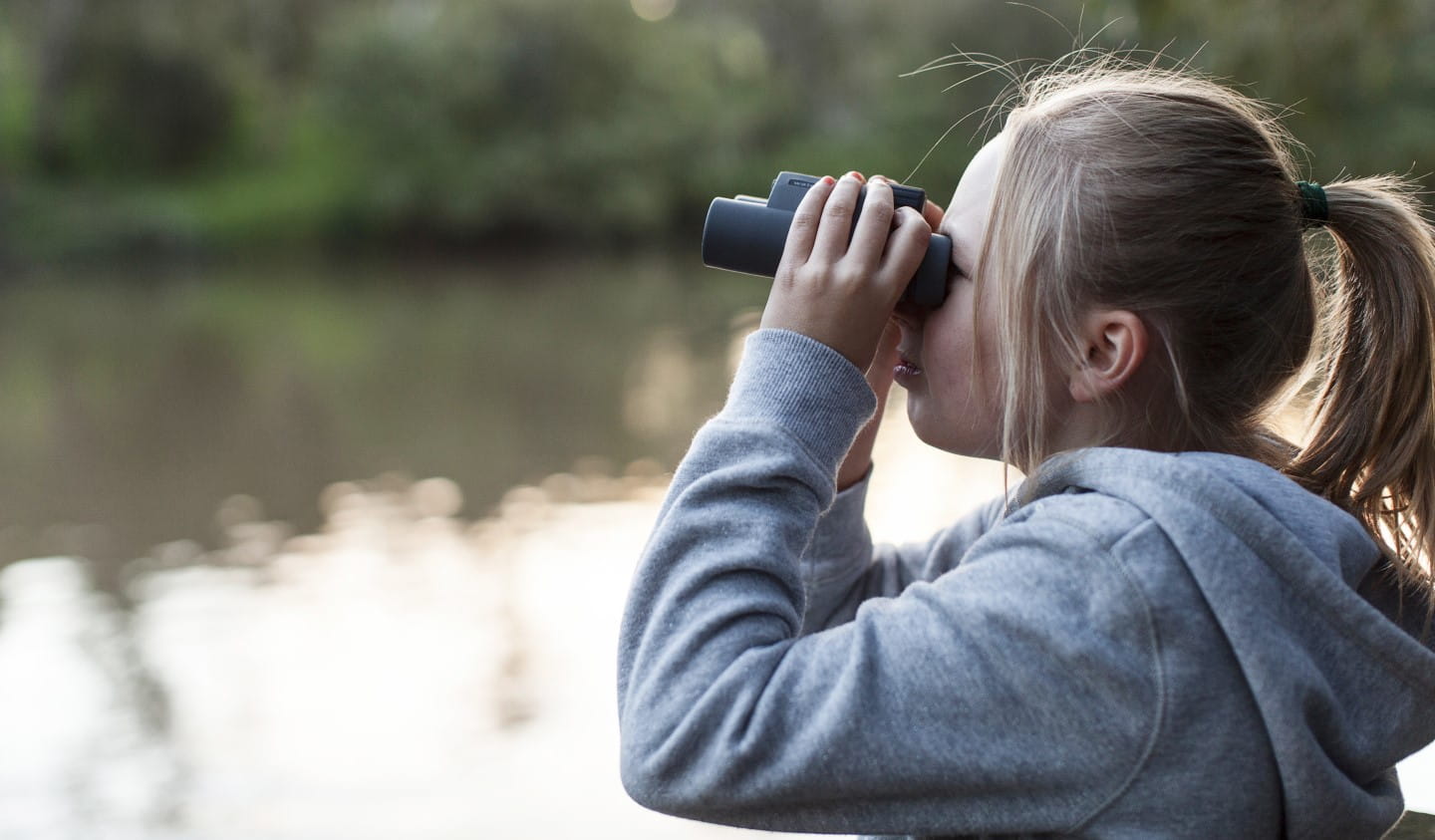
Here are six of the big blissful benefits birdwatching brings:
1. Birdwatching improves mood and mental health
2. It keeps you physically active
3. Being in nature is good for you
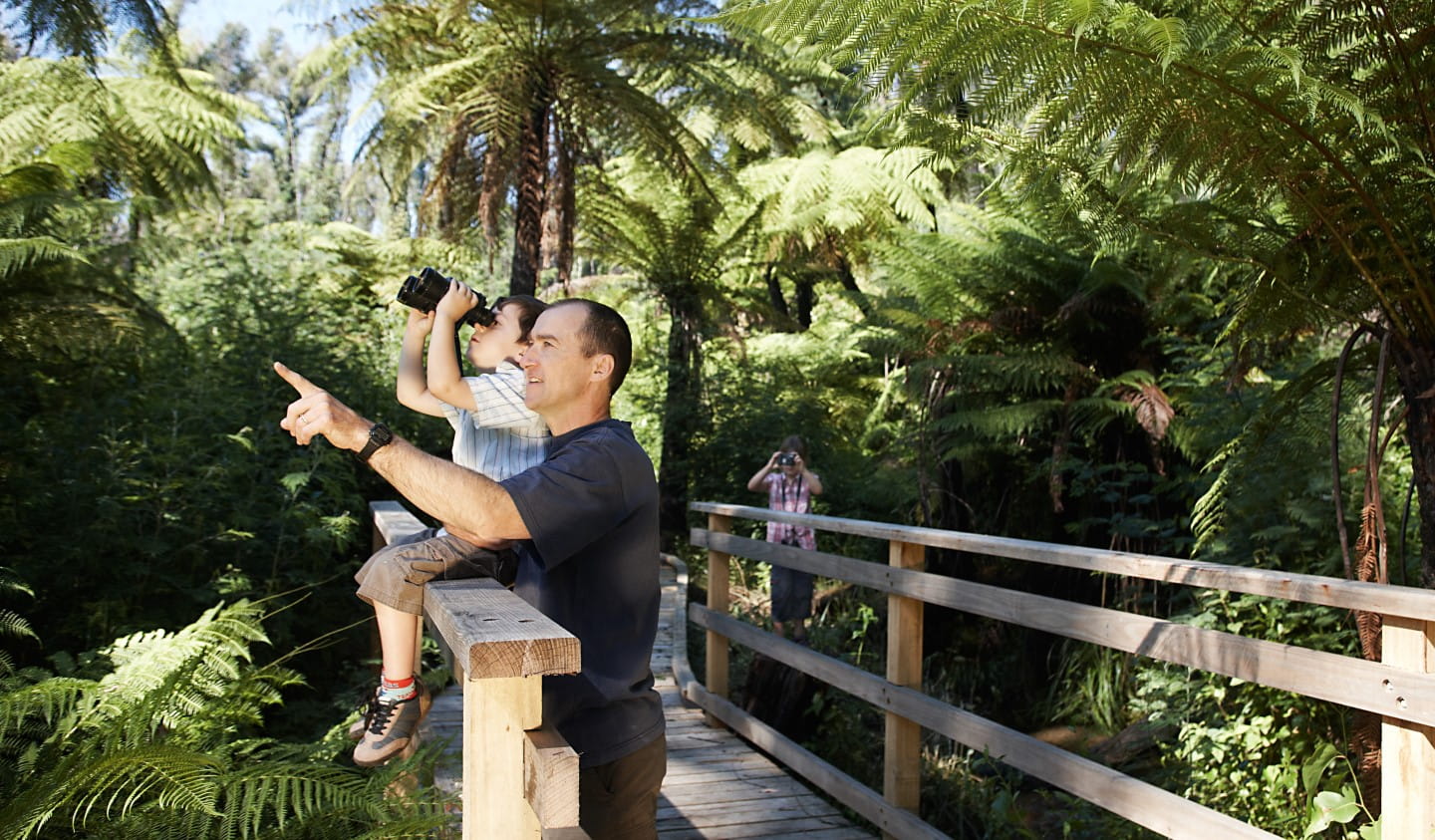
Photo: Birdwatching can be enjoyed by people of all ages and abilities no matter where they live.
4. Birdwatching can create moments of wonder
5. It stimulates the senses
Ensuring our senses remains stimulated is particularly important for infants, older adults and people with neurocognitive disorders.
6. Birdwatching challenges you
Where are the best places to watch birds in Victoria?
Victoria is home to an incredibly diverse range of ecosystems and landscapes, all of which offer a wealth of opportunities for birdwatching.
Parks Victoria biodiversity science manager Dr Mark Antos said Victoria is “the ultimate sampling platter” for birdwatchers.
“We have everything from snowy mountain tops, tall wet forests, winding rivers all the way though to arid inland dune fields. This results in a very diverse range of birds to be found,” Dr Antos said.
“Within the span of a few days you could be watching a Pink Robin in a rainforest gully, a flock of Red-tailed Black Cockatoos in a red gum woodland and a Malleefowl digging through the dusty sands of our Mallee parks. Not to mention a host of migratory shorebirds which arrive at our wonderful wetlands during spring each year,” he said.
Photos: Victoria is home to a huge variety of different bird species.
Dr Antos gave special mention to the IUCN Green List-accredited Warby-Ovens National Park in the state’s north-east as a premier destination for birdwatchers.
“The broad bends of the Ovens River are a great spot to watch Sacred Kingfishers during summer while box ironbark forests of the Killawarra section attract noisy flocks of the endangered Swift Parrot during winter. The grassy woodlands of the Warby Range are home to the diminutive but spectacular Diamond Firetail and Speckled Warbler, but the most iconic bird of this park is the dazzlingly-coloured Turquoise Parrot,” Dr Antos said.
Warby-Ovens National Park is just one of the 3000 parks and reserves across the state managed by Parks Victoria. With so many lush and diverse landscapes spread throughout Victoria, would-be birdwatchers are bound to find an abundance of beautiful birdlife wherever they look.
“These circumstances allow for very deep and immersive experiences of mindfulness in nature,” Dr Antos said.
“Not only are birds great for our wellbeing, but sharing special moments with them and their surrounding ecosystems can make for some of the most rewarding and enduring memories, helping to build strong connections between us and special places in our parks.”
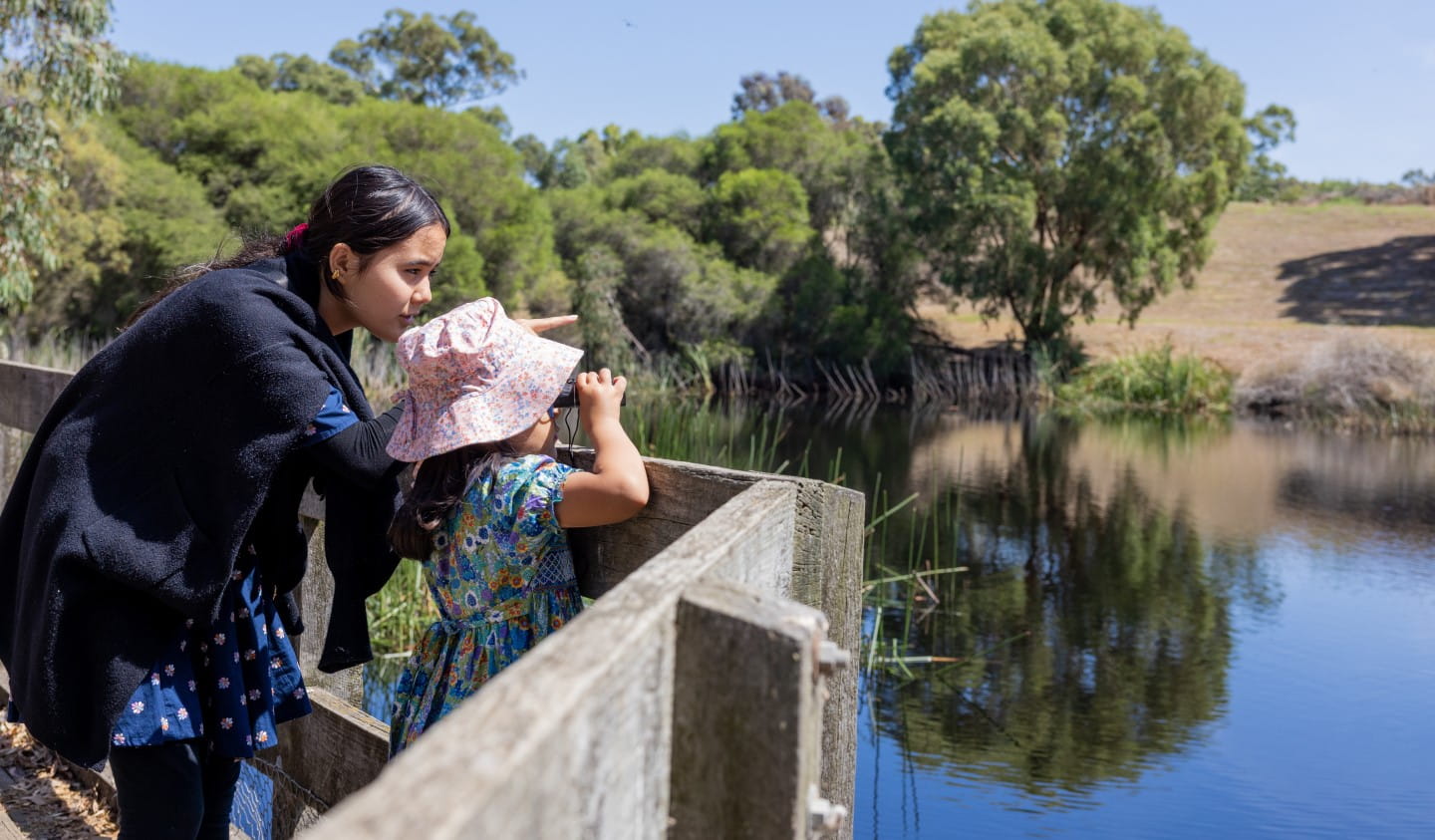
Photo: Victoria's multitude of birdlife makes its many parks and reserves great places for birdwatching.
How do I start birdwatching?
Getting started with birdwatching is easy. All it takes is a single feathered friend and somewhere quiet to observe from. Binoculars or a camera with a zoom lens can add to the enjoyment of birdwatching but are by no means a requirement.
The best part is even if you don’t see many birds while you’re out and about, you’ll still get to experience all the great health benefits that birdwatching brings.
So next time you're strolling through Victoria's picturesque landscapes, don't forget to pause, look up, and listen. You may just find your own feathered therapist in the trees above, ready to serenade you into a state of mental bliss.


